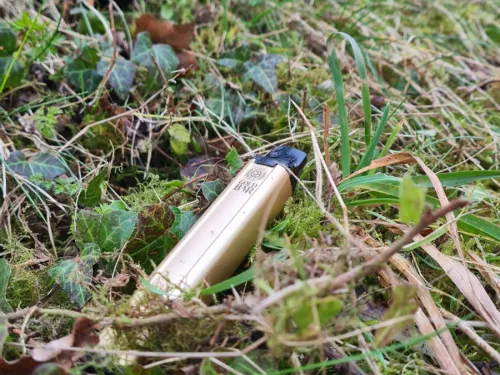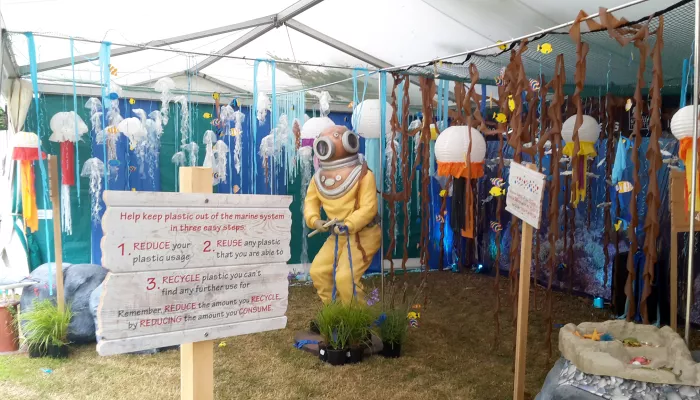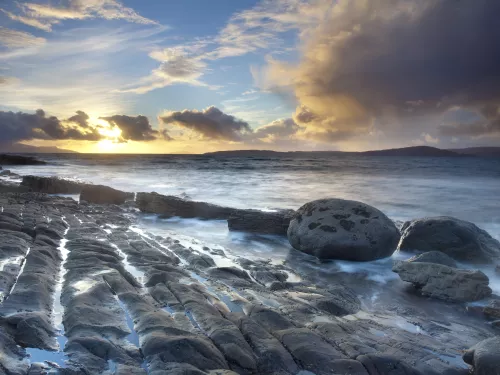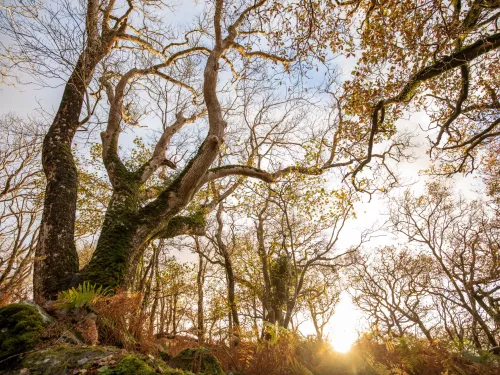
Kent Wildlife Trust welcomes disposable vape ban
The charity says it is hopeful ban may result in fewer vapes being dumped on nature reserves and fewer cases of animal poisoning incidents.


The charity says it is hopeful ban may result in fewer vapes being dumped on nature reserves and fewer cases of animal poisoning incidents.

Ambitious plans to improve the environment in and around Folkestone and Dover will be spearheaded by young people, thanks to a new scheme which has brought funding into the area.

Volunteers from Kent Wildlife Trust will be planting trees in Sevenoaks to celebrate National Tree Week.